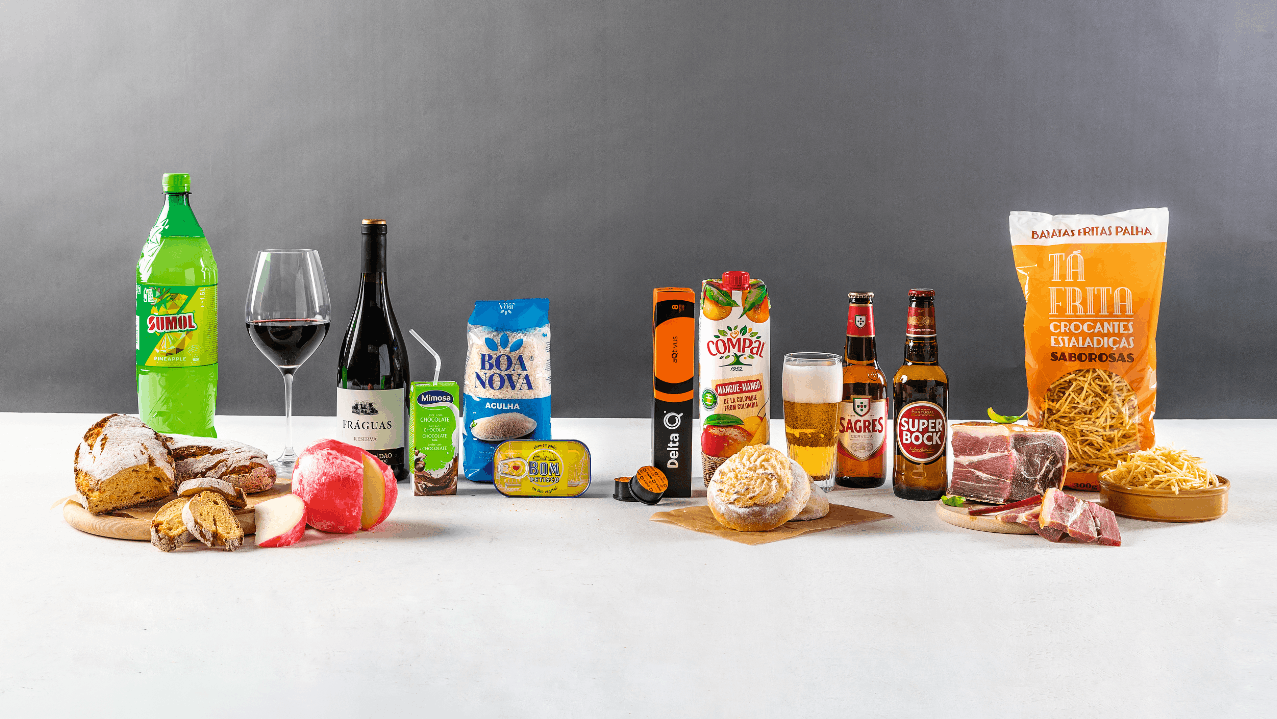Shoppers will have noticed it on their till receipt: food prices have been rising recently in Luxembourg, and more generally everywhere else in the world. "We are at historically high levels, comparable to 2008 and 2011," says Cathy Schmit, an economist at Statec, in the Business Climate Unit. The price surge is even more marked, as these example prove: the price of bread almost tripled and that of croissants doubled between 2000 and 2021.
Schmit explains the recent rise by the irregularity of agricultural harvests induced by climate change. This accumulation of problems, combined with the outbreak of the Covid-19 health crisis in the spring of 2020, has weighed on the indicators: "The level of inflation in the second quarter of 2021 was close to zero because it is observed in a yearly comparison, and in the second quarter of 2020, prices were already at a high level," explains Schmit.
If food retailers did not immediately pass on the increase, this is due to fixed-term supply contracts, but also to the lower cost of the ingredients in processed or finished food items.
The increase has finally been felt in recent months, with the rebound in oil prices affecting the whole supply chain, but also the soaring price of packaging.
Food, a major component of the NICP
Statec does not provide forecasts for the components of the Consumer Price Index (NICP), but refers to Oxford Economics' forecasts for the eurozone, which indicate an acceleration in food inflation from 1.5% in 2021 to 2.4% in 2022.
It should be noted that the contents of our fridge account for 12.7% of the NICP. It is the fourth largest component, behind transport (14.6%), miscellaneous goods and services (17%) and housing--incl. charges (18.5%).
This Wednesday 2 February, Statec will publish its first estimate of the annual inflation rate in Luxembourg. This calculation will undoubtedly be influenced by a ‘calendar effect’, as the winter sales this year took place in January, whereas a year earlier they had taken place in February.
This story was first published in French on . It has been translated and edited for Delano.
